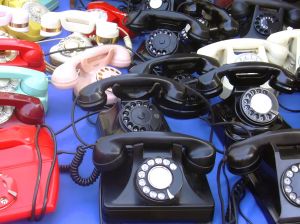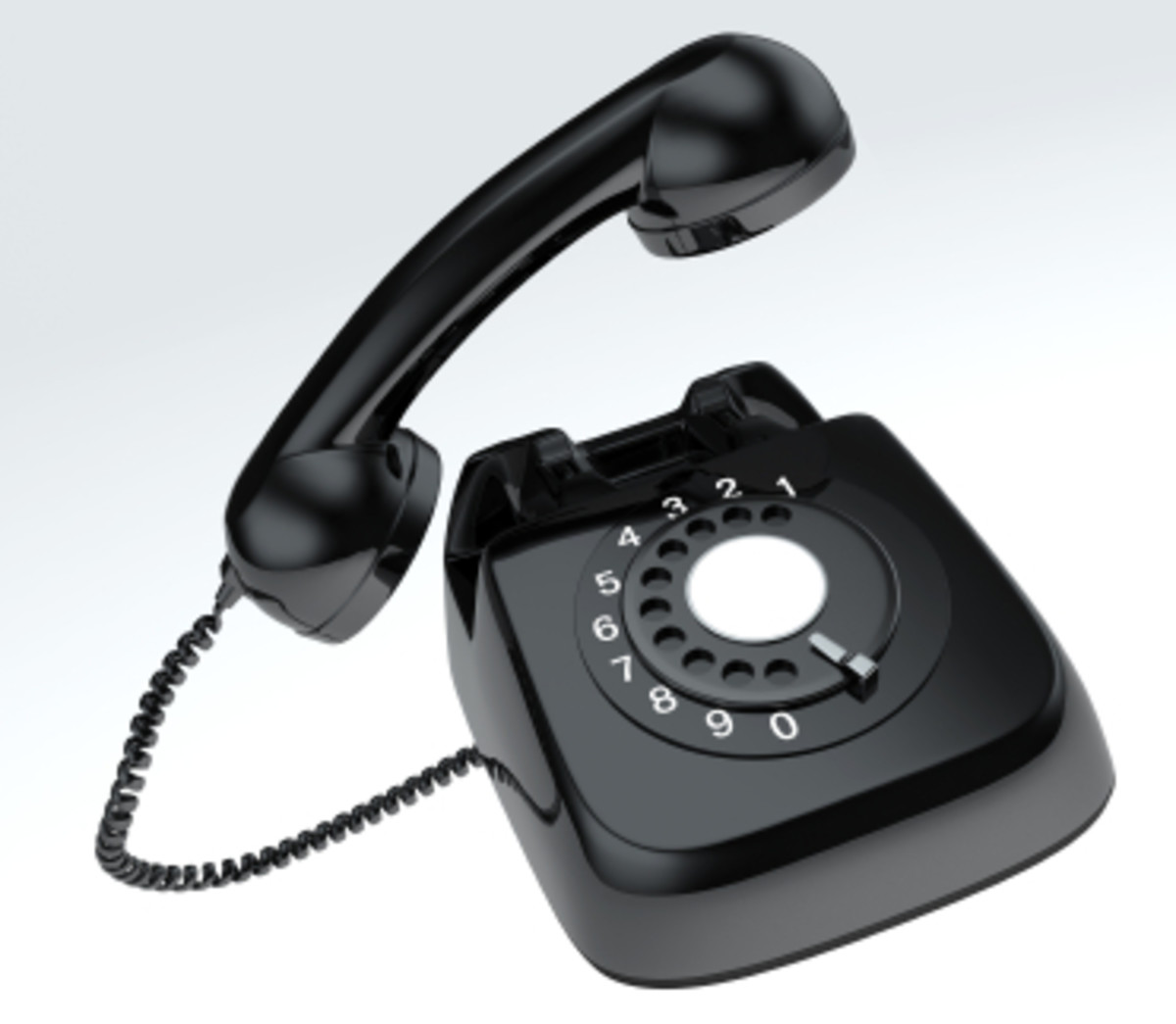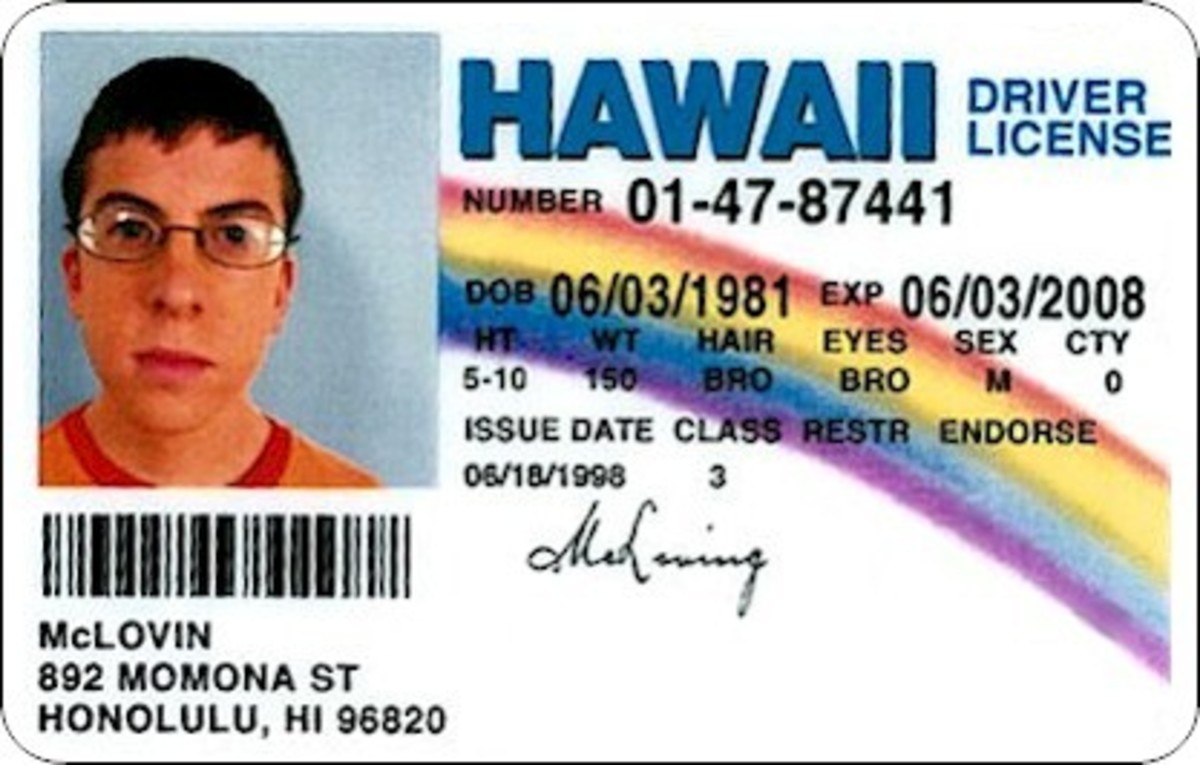Putting An End To Unwanted Phone Calls: The National Do Not Call Registry & How It Can Work For You
Introduction
They can come at any time. They interrupt your dinner, disrupt your family time and your work, violate your privacy, and can turn an otherwise good day around in quite a hurry. With the average American receiving more than 300 unsolicited sales calls from telemarketers every year, they're a problem we can all relate to, and if you're like most, you're probably ready to put a stop to them as soon as you can. But what can you do?
For over 15 years now, there have been rules in place that prohibit a company from calling you if you request to be placed on their private do-not-call list. Unfortunately, these measures don't seem to have been very effective. The number of loopholes and ways to get around the lists were simply too great. The good news is that there's now something you can do about it that does seem to be working. It's something you can do right away, and it's both free and easy. In 2003, in response to the ever-increasing complaints about intrusive telemarketing practices, a federally supported system was set up to drastically reduce the number of unwanted phone calls you receive in as little as one month. That system is the National Do Not Call Registry!
The National Do Not Call Registry
The National Do Not Call Registry is a directory of user-submitted phone numbers established and maintained by the Federal Trade Commission that are strictly off limits to most telemarketing calls. The Registry was created in order to uphold the requirements of the Telephone Consumer Protection Act of 1991, a law which essentially forbids the use of automatic dialers in sending unsolicited advertisements. Once your number is added to the Registry, the majority of solicitation phone calls should completely come to a halt. How does it work? Simply put, there are steep penalties for companies that violate the regulations of the Registry, including fines that can be as high as $11,000 per call. That's a pretty strong deterrent, and in the four years since it's activation, the Registry has proven to be quite effective. So what are you waiting for?

How to Sign Up
Adding your home phone number to the National Do Not Call Registry couldn't be simpler. There are two different ways you can go about it, and neither one should take longer than five minutes.
To register online, just go to http://www.donotcall.gov and choose to “Register A Phone Number” from the menu on the left. You'll be asked to enter up to three phone numbers, as well as provide a valid e-mail address. Once you've done so, you should receive an e-mail message from the maintainers of the Registry. At that point, you have 72 hours to confirm that you want your number added to the Registry. To make that confirmation and finalize the process, simply visit the link contained within the e-mail and follow any instructions it might give you. Note that the link will be very long and depending on how you receive your e-mail, you might have to manually cut and paste the address into your browser instead of simply clicking on it. Whatever the case, if everything went okay, you should reach a page on the Registry's website that reads “Confirmation Complete!”. Once you see that message, you're finished! If by chance something does go wrong, however, you can still try the second registration option.
If you don't have an active e-mail address or internet access, you can choose instead to register your phone number with the National Do Not Call Registry over the telephone by dialing toll-free 1-888-382-1222 and following the prompts you're given. Be aware, however, that you'll need to make the call from the phone number that you're attempting to add to the Registry. This is to prevent unwanted submissions.
Which Phone Numbers Are Eligible?
Any residential phone number, whether it's a landline or wireless connection, can be added to the National Do Not Call Registry. Business numbers, however, are not covered by the Registry's regulations at this point in time.
You've probably seen word being circulated around the internet that the telecommunications industry currently has a large-scale 411 database of cell phone numbers in the planning stages. Because of this, there's quite a lot of concern that telemarketers will soon be able to target those numbers much more easily than they can at present. The National Do Not Call Registry does allow you to submit cell phone numbers just as easily as you would your landline number, but according to the information on their site, this is actually an unnecessary precaution. Standards are already in place by the Federal Communications Commission that prevent automatic dialers from being used to call cell phone numbers. Since the vast majority of telemarketers use these dialers to make their solicitations, your cell phone will be safe from most unwanted calls, whether you add it to the Registry or not.
What to Expect
So now that you're in the Registry, what can you expect?
First of all, don't be surprised if the unwanted phone calls don't stop right away. Telemarketing companies have up to 31 days from the date you add your number to the Registry to comply with the regulations and take you off their calling lists. During this time, you'll still receive calls, but most registrants report that a noticeable decrease in the frequency of calls occurs after the first week.
Also be aware that registration in the National Do Not Call Registry isn't permanent. For now, each registration only lasts for five years, at which point you'll need to resubmit any numbers that you want to remain off-limits to telemarketers.

Exceptions to the Rule
Before you can realize your dreams of total freedom from unwanted phone calls, you'll need to be aware that certain groups are exempt to the regulations of the National Do Not Call Registry. Typically, the restrictions only apply to companies actively attempting to sell a product or service. This means that companies conducting surveys, political groups, charities, and government organizations can still continue to call you, regardless of whether your number is listed in the Registry or not.
Companies with which you've already established a business relationship are also free to continue making unsolicited calls to your number for a period of 18 months after the date of your last business transaction with them. This exemption, however, is easily thwarted if it proves to be a problem for you. If you don't want a particular company calling you, even if you've done business with them in the past, just say so. Make it plain to the caller that you don't want to receive any more calls from them, and from that point on, they're required to stop or face the same fines as other violators of the Registry.
One last important exemption: it probably goes without saying, but debt collectors are not covered by the restrictions of the National Do Not Call Registry. This means you won't be able to stop harassing phone calls from organizations to which you owe a legitimate debt by joining the Registry, but those organizations are covered by their own set of rules. The Fair Debt Collection Practices Act puts many restrictions on debt collectors, including limiting the hours and days during which they're allowed to call you.
What Happens If the Calls Don't Stop?
So you've submitted your phone numbers to the registry and waited for 31 days, but you're still getting phone calls from companies that you feel should have been stopped by the Registry? In this case, you'll need to file a complaint with the Federal Trade Commission so that appropriate action can be taken against the offenders. Complaints can either be submitted at the National Do Not Call Registry's website via an online form, or you can call theim toll-free at 1-888-382-1222.
To file a complaint, though, you'll need to know who committed the offense. This means that you'll need either the name or telephone number of the company who made the unwanted phone call, as well as the date and approximate time that they made the call. Once you provide this information, the complaint is entered into a large online database known as the “Sentinel System”. With access to the database open to more than 1000 law enforcement agencies across the country, it's likely that some action will be taken, especially if multiple complaints are made against the same offender.
What About Privacy?
If you're already receiving a large volume of unwanted phone calls, you'll want to know exactly what's happening with the information you're providing to the Registry. Luckily, the National Do Not Call Registry considers this to be a major concern as well, and has many safeguards in place to prevent the misuse of any information you give them. Your telephone number itself will of course be made available in the form of a list that telemarketers are required to check every 31 days. Don't be alarmed, though – they're not allowed to do anything with these lists of numbers except immediately add them to their do not call lists.
If you register your phone numbers online, you'll be asked for an e-mail address. The National Do Not Call Registry securely stores this information separately from your phone number, so there's no danger of it being revealed or sold to telemarketers or spammers.
To read more about how your privacy is protected by the National Do Not Call Registry, visit http://www.ftc.gov/ftc/privacy.shtm.

Summary
The bottom line is that telemarketing is a $275 billion a year industry, and growing all the time. No matter how much one might wish otherwise, it's unlikely that the calls will go away altogether anytime soon. In the meantime however, signing up with the National Do Not Call Registry couldn't hurt. While no system is perfect and you're still likely to get the odd call here and there, response to the Registry has been largely favorable, and since the registration process is free, quick, and easy, it's certainly a good way to start if you're looking to put an end to unwanted phone calls in your home.
This hub brought to you...
by Julie-Ann Amos, professional writer, and owner of international writing agency www.ExquisiteWriting.com
Why not create your own HubPages? It's fun and you can make revenue from Adsense and other revenue streams on your pages. JOIN HUBPAGES NOW - SIMPLY CLICK HERE...
Click here to add this page to StumbleUpon
This work is licenced under the Creative Commons Attribution-Non-Commercial-No Derivative Works 3.0 Unported License. To view a copy of this licence, visit http://creativecommons.org/licenses/by-nc-nd/3.0/ or send a letter to Creative Commons, 171 Second Street, Suite 300, San Francisco, California 94105, USA.
Other Hubs Of Interest
- Legitimate Online Jobs - Do They Exist?
Searching for legitimate online and work at home jobs is an exhausting experience. There are so many scams, it's not hard to see why so many people feel real online jobs don't exist. I will list several proven... - Unemployment Compensation Information for Claimants
The purpose of this document is to provide information which may be useful to individuals who have found themselves in the unfortunate situation of losing their jobs and who may be eligible for unemployment...






